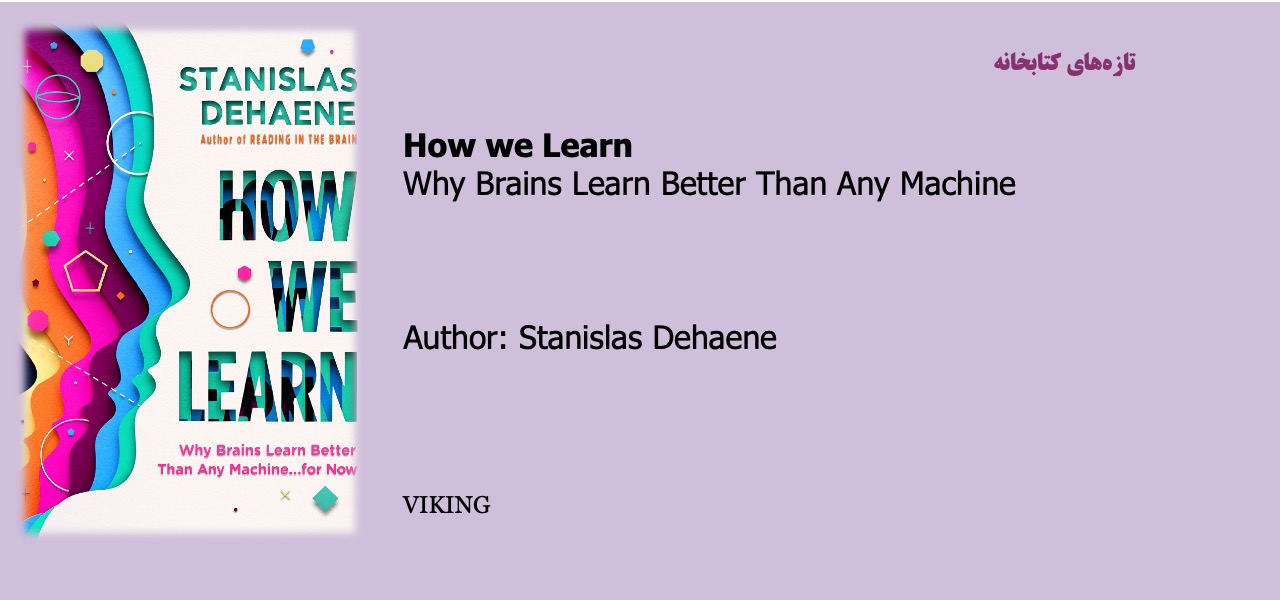How we Learn

In September 2009, an extraordinary child forced me to drastically revise my ideas about learning. I was visiting the Sarah Hospital in Brasilia, a neurological rehabilitation center with a white architecture inspired by Oscar Niemeyer, with which my laboratory has collaborated for about ten years. The director, Lucia Braga, asked me to meet one of her patients, Felipe, a young boy only seven years old, who had spent more than half his life in a hospital bed. She explained to me how, at the age of four, he had been shot in the street—unfortunately not such a rare event in Brazil. The stray bullet had severed his spinal cord, thus rendering him almost completely paralyzed (tetraparetic). It also destroyed the visual areas of his brain: he was fully blind. To help him breathe, an opening was made in his trachea, at the base of his neck. And for over three years, he had been living in a hospital room, locked within the coffin of his inert body. In the corridor leading to his room, I remember bracing myself at the thought of having to face a broken child. And then I meet . . . Felipe, a lovely little boy like any other seven-year-old—talkative, full of life, and curious about everything. He speaks flawlessly with an extensive vocabulary and asks me mischievous questions about French words. I learn that he has always been passionate about languages and never misses an opportunity to enrich his trilingual vocabulary (he speaks Portuguese, English, and Spanish). Although he is blind and bedridden, he escapes into his imagination by writing his own novels, and the hospital team has encouraged him in this path. In a few months, he learned to dictate his stories to an assistant, then write them himself using a special keyboard connected to a computer and sound card. The pediatricians and speech therapists take turns at his bedside, transforming his writings into real, tactile books with embossed illustrations that he proudly sweeps with his fingers, using the little sense of touch that he has left. His stories speak of heroes and heroines, mountains and lakes that he will never see, but that he dreams of like any other little boy.
مطالب مرتبط

کتاب تمرین درمان شناختی – رفتاری برای مشکلات سلامت روان
۱ / اردیبهشت / ۱۴۰۴

درآمدی بر روانشناسی خرد
۱ / اردیبهشت / ۱۴۰۴

سرشت – چگونه سیمکشی مغزهای ما هویت ما را تعیین میکنند؟
۱ / اردیبهشت / ۱۴۰۴

